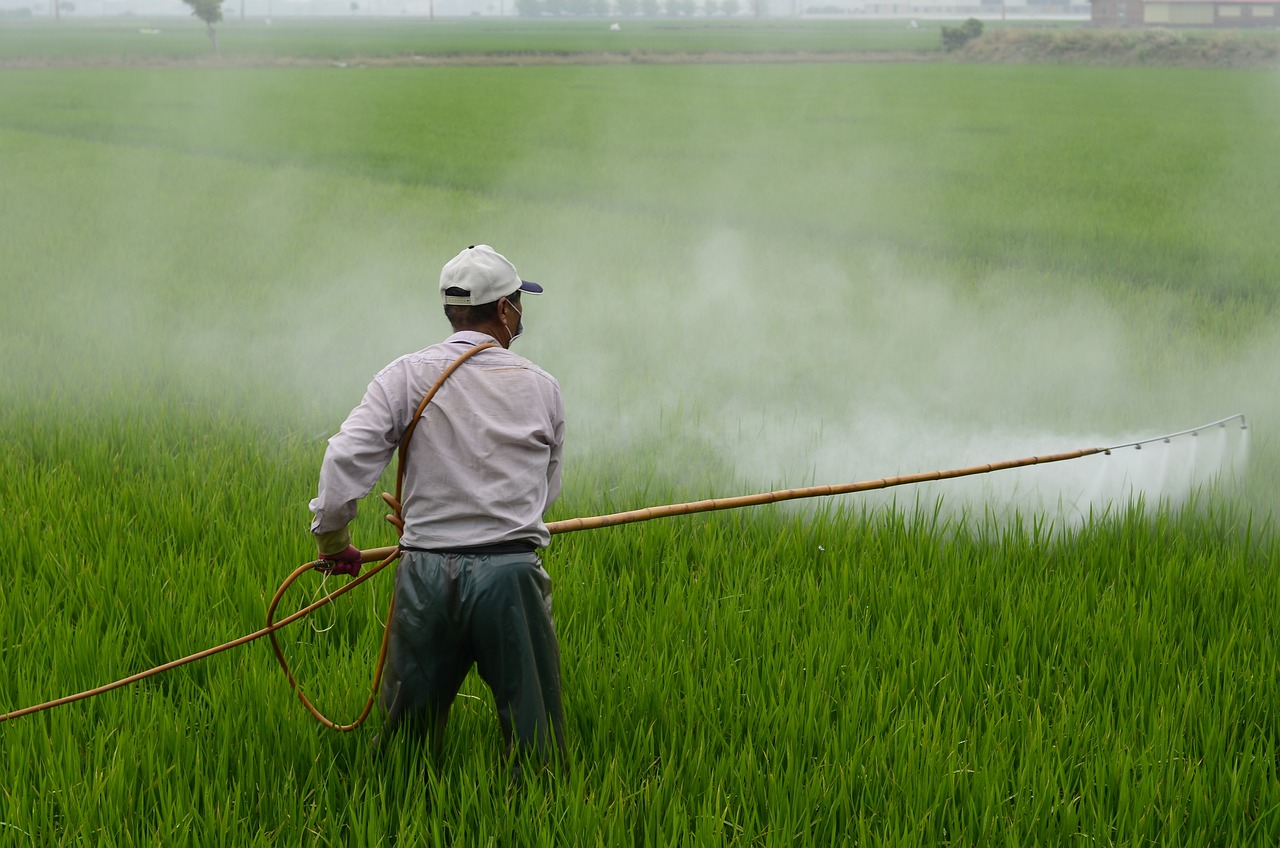As the world prepares for the 2025 World Environment Day, themed “Ending Plastic Pollution”, the Centre for Environment Justice and Development (CEJAD), in collaboration with the Swedish International Centre for Local Democracy (ICLD), convened a unique three-day regional conference in Mombasa, Kenya.
Officially opened on May 26th by Eng. Dr. Festus Ngeno, Principal Secretary of the State Department for Environment and Climate Change, the conference explored the key intersection between plastic pollution governance and democratic institutions.
The event brought together scientists, local government officials, civil society organisations, and grassroots leaders united by a shared urgency ‘confronting the plastic pollution crisis through approaches that are just, inclusive, and democratic’.
Key Takeaways from the Conference:
- Plastics, Chemicals, and Health
Plastics are not just waste, they are chemical carriers that pose serious health risks throughout their lifecycle. A holistic approach to plastic governance must prioritise health, safety, and environmental integrity. - A Just Transition Requires Inclusive Governance
Those most affected by plastic pollution, such as waste pickers and marginalised communities, must be empowered as co-creators in policy and governance, not treated as afterthoughts. - Plastic Producers Must Be Held Accountable
Solving the plastic crisis requires holding producers responsible through enforceable Extended Producer Responsibility (EPR) mechanisms and transparent product standards.
As global negotiations around a binding plastics treaty continue, this conference calls for urgent, coordinated action to eliminate harmful plastics, regulate toxic recycling, and ensure transparency across the supply chain.
Click here to download the full statement, and watch the complete press briefing video here







